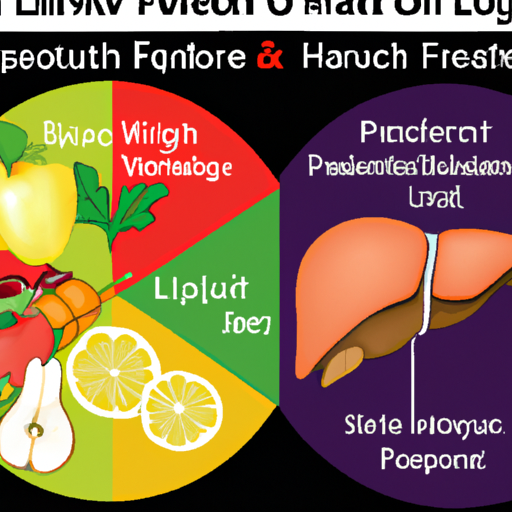complications. Individuals with cirrhosis should limit their sodium intake to 2,000 milligrams per day.
Alcohol should be entirely avoided in individuals with cirrhosis. Even small amounts of alcohol can worsen liver function and accelerate the disease’s progression.
Individuals with cirrhosis should consult their healthcare provider or a registered dietitian before making any significant changes to their diet. They may also need to follow a low-protein or low-sodium diet, depending on their specific medical conditions.
Conclusion
A well-balanced diet, along with other lifestyle changes and medical treatment, can make a significant difference in managing liver cirrhosis. Paying attention to nutritional requirements, limiting alcohol intake, and avoiding unhealthy foods can help manage symptoms, prevent complications, and improve liver function. By adopting healthy eating habits, individuals with cirrhosis can lead a healthier and more fulfilling life.




